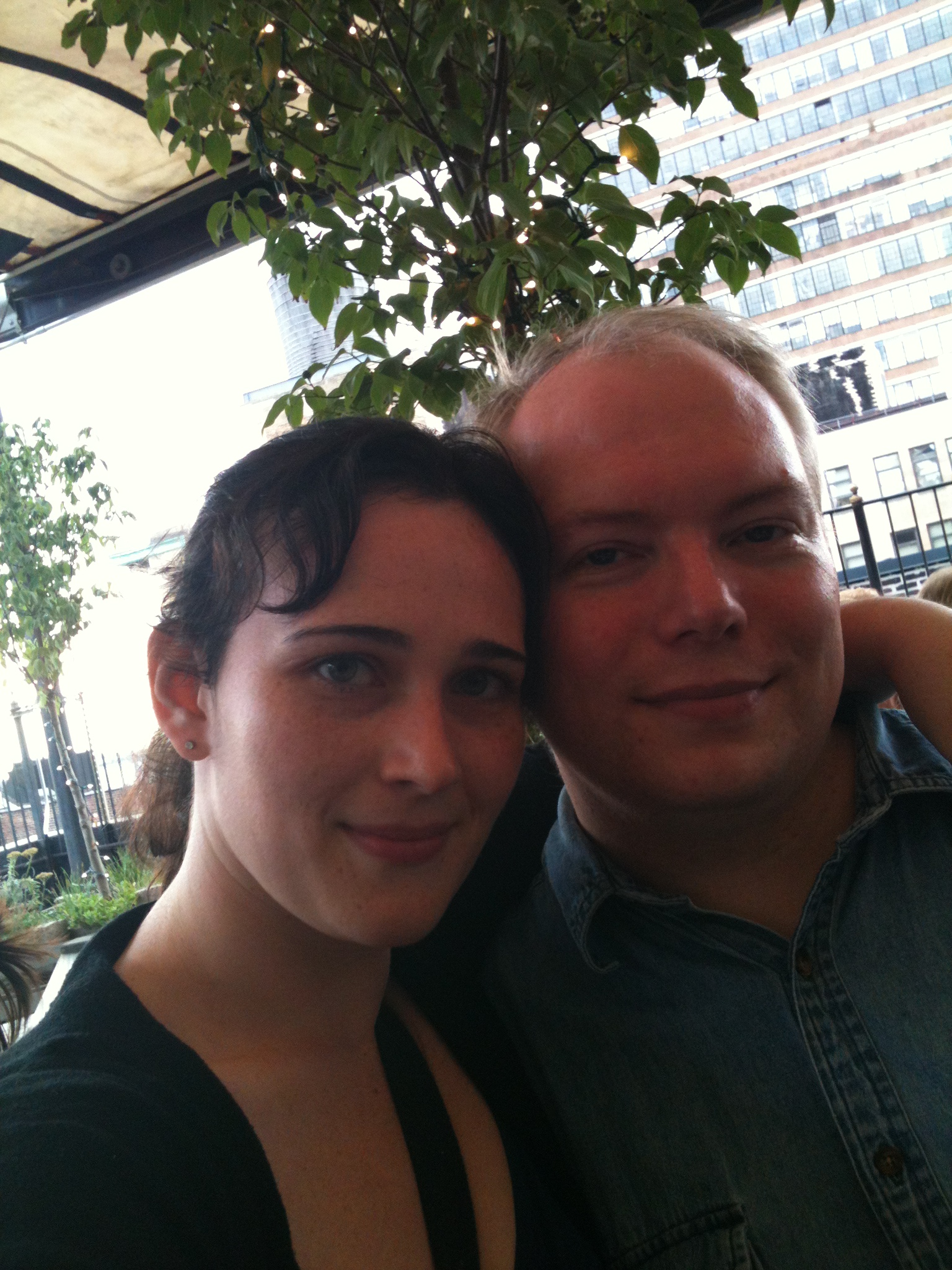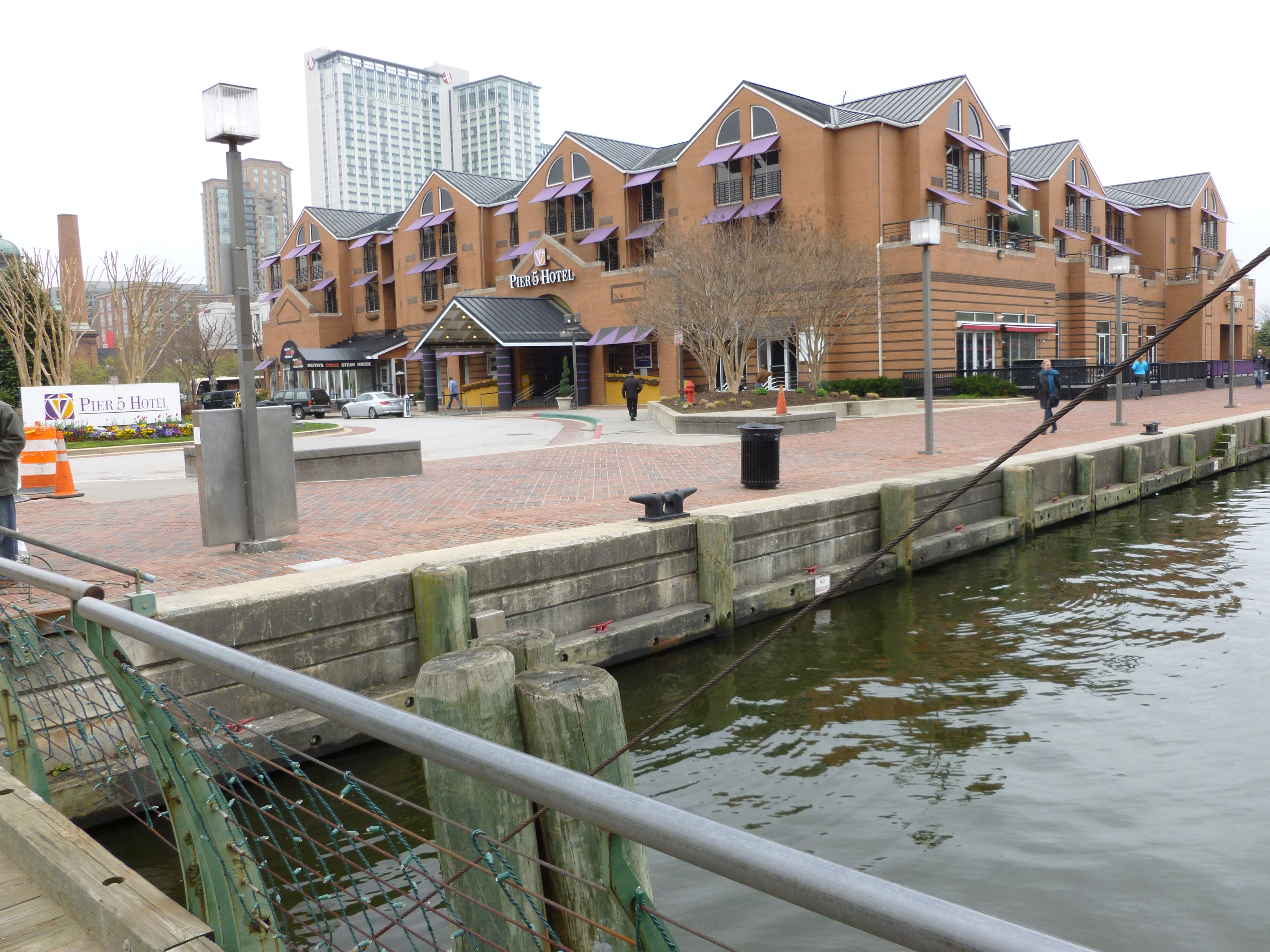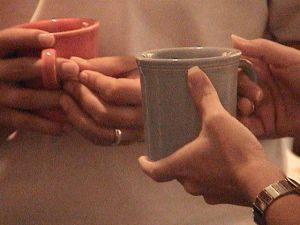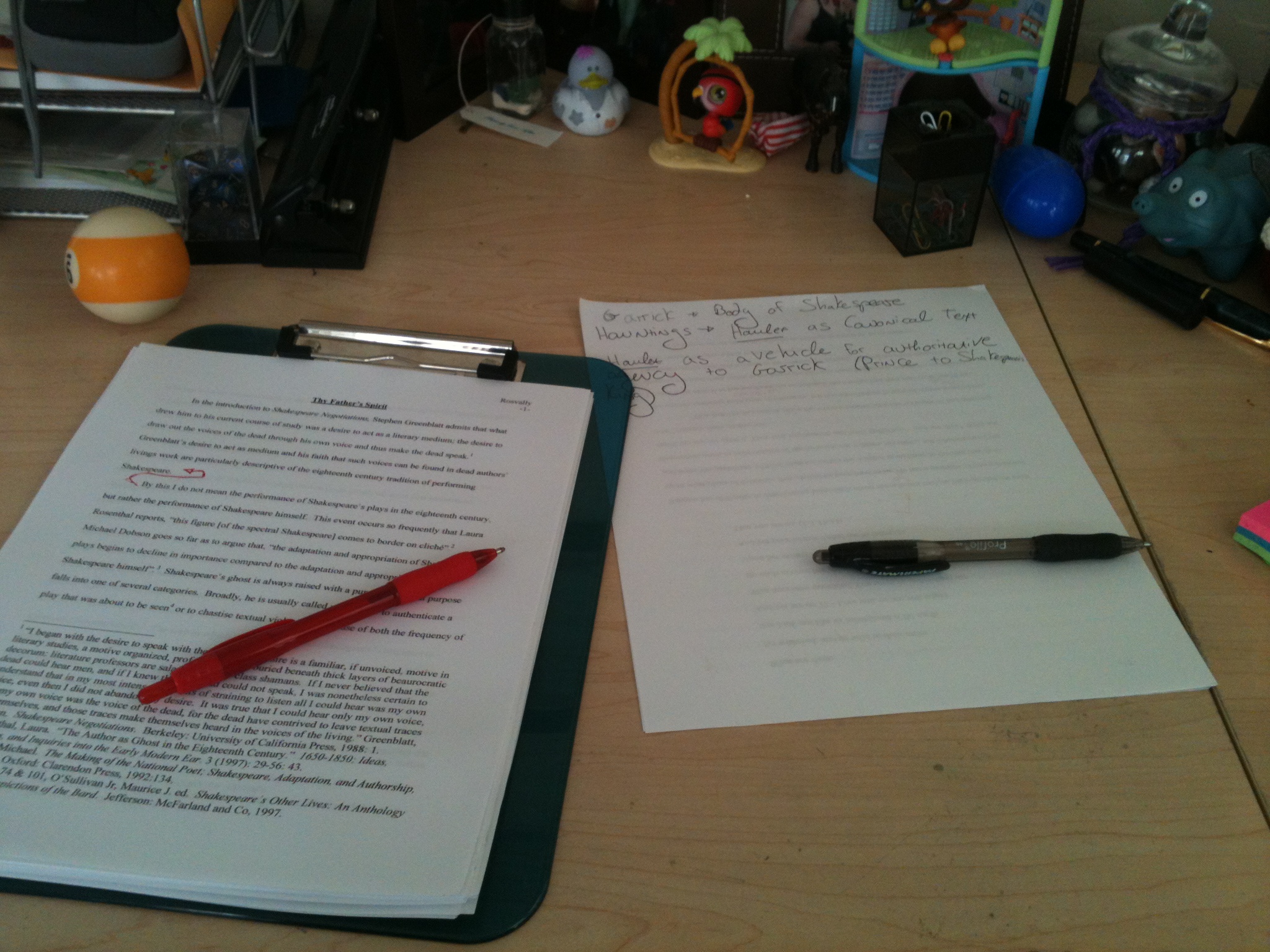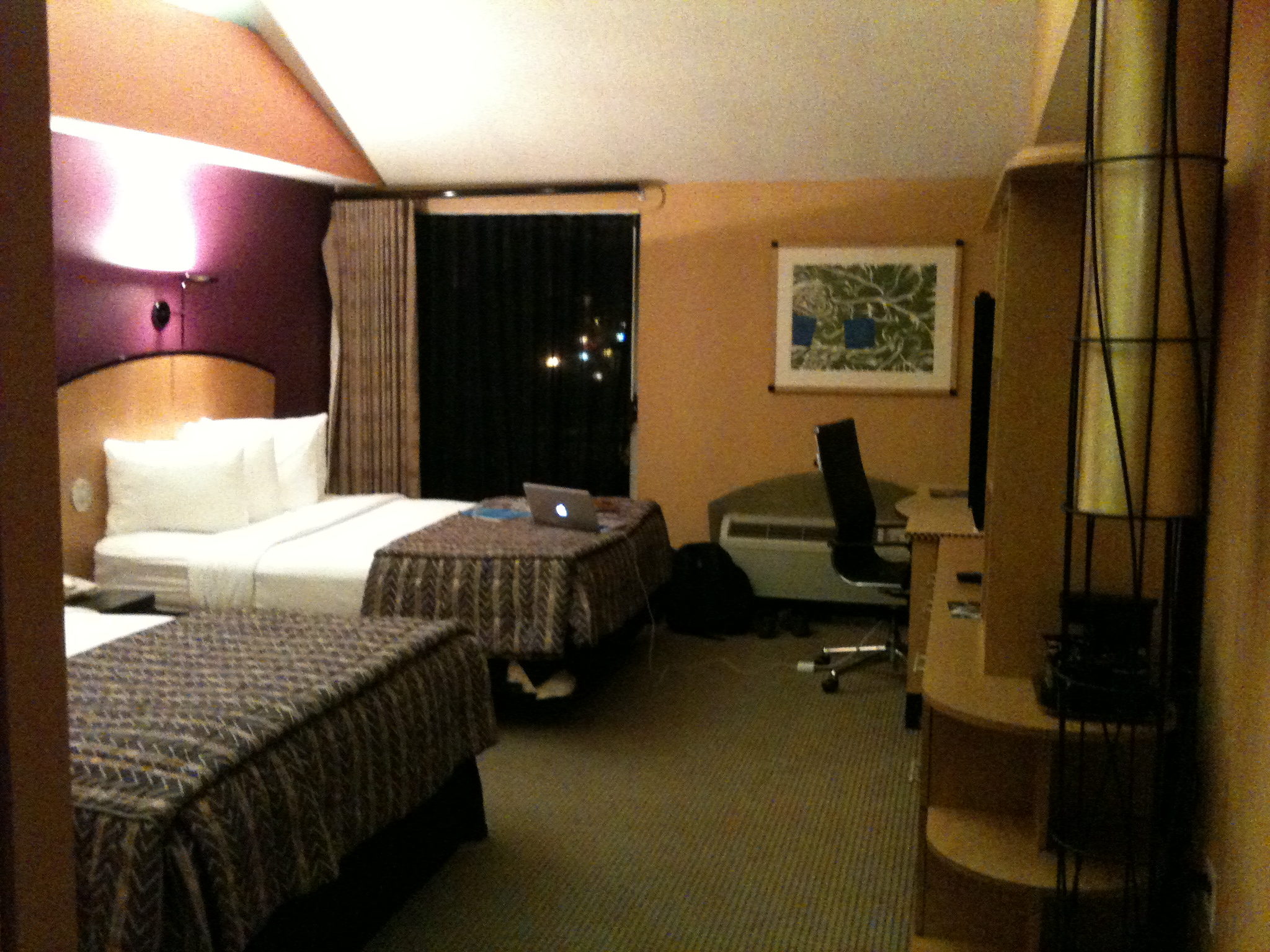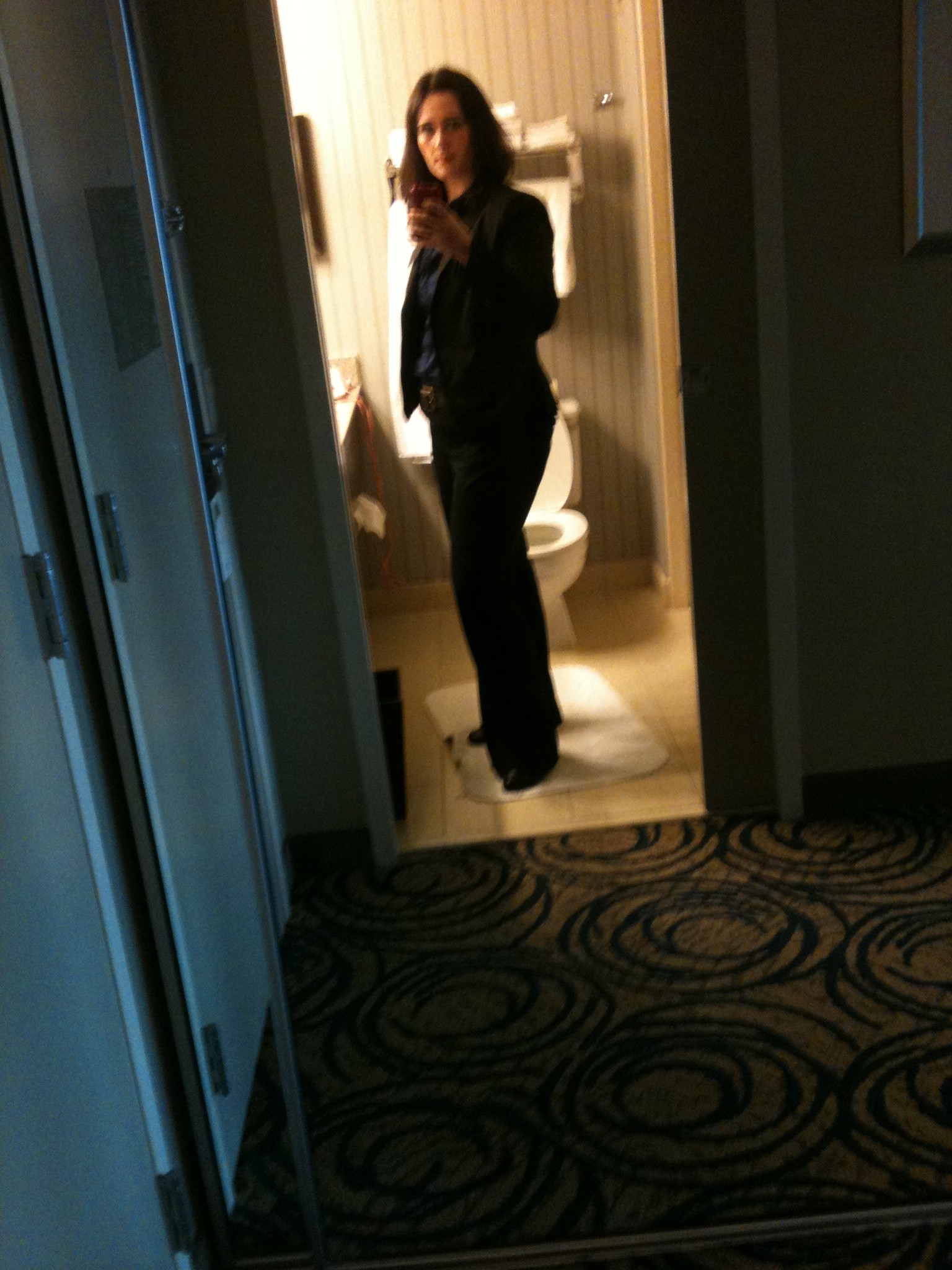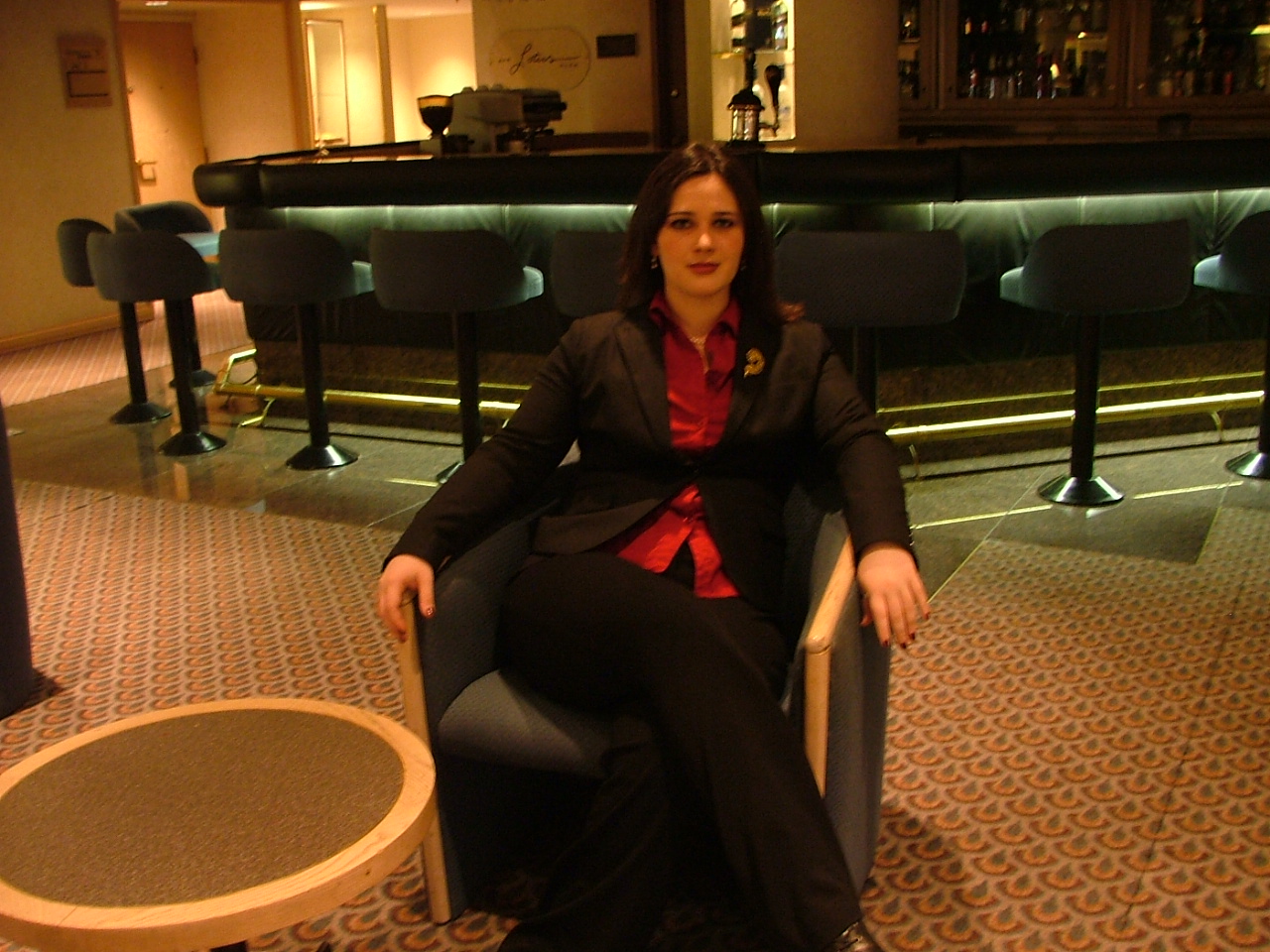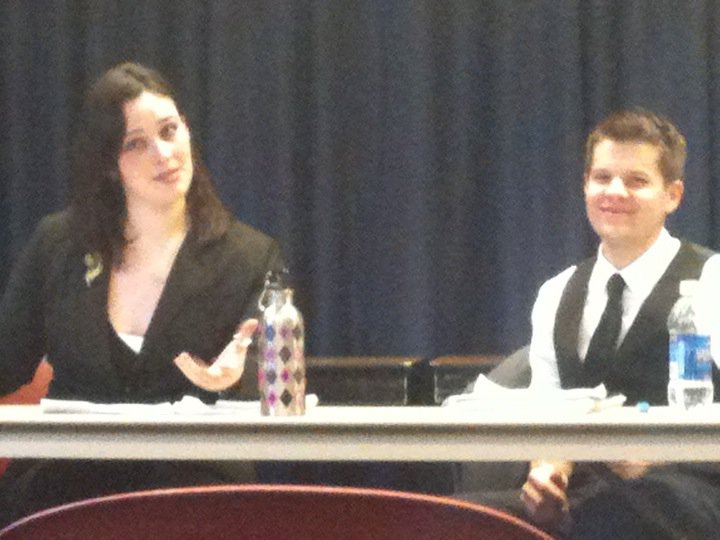A few passing remarks about CDC 2013 composed from an airport because the minute I hit the ground in Boston I have to deal with the mess I left on my desk in order to accommodate being at this conference:
There’s something to be said for conferencing in packs. I’m fortunate enough to attend a
program that hits certain conferences en force. CDC is a favorite of the Tufts crew (or, as we were dubbed by one of our dinner companions last night, the Tuftskrüe) for a variety of reasons: the timing for both its abstract deadline and the conference itself is ideal for our projects, the subject matter/conference theme fits our projects well, it’s close enough to home to not be a ridiculously expensive trip, and the general level of discourse is nice and comfortable without being over or under whelming. It’s a very friendly conference and one that welcomes graduate students with open arms (which we appreciate). Because there are many of us, we tend to make an impression. So not only is it neat to be recognized as “oh, you’re one of the Tuftskrüe!”, but it also helps your recognizability and memorability; basically your conferencing street cred. Also; it’s great not to have to dine alone if you don’t want to.
My panel was extremely well attended and there were some great ideas tossed around the room. It was, dare I say, fun. While I always enjoy giving presentations of my work, I don’t always enjoy the presentations of others on my panel. This panel was assembled of myself and a paper on the usage of excrement in Jarry’s Ubu Roi so, really, it was a recipe for awesomeness. Many thanks to those who were there, those who spoke to me after the panel, and those I ran into over the course of the weekend who complimented my work! It was great to have met all of you and I look forward to seeing you again in the future either here or somewhere in the great big conferenceverse outside.
Seriously, graduate students, stop dressing like you’re trying to be a grown up without actually committing to the role. Put down the jeans, put on a pair of slacks, and leave the sneakers at home. When you have tenure, you will have plenty of time to dress however you want; but for now for the love of all things bardy it won’t kill you to look nice. Also, if your paper is selected for a conference, that’s wonderful. Congrats! But now it’s your job to figure out what a conference paper should read like. Here are a few hints: it shouldn’t be a fifteen-minute plot re-hash of some lesser-known work without any synthesis whatsoever, it shouldn’t have enough fifty-cent words that you lose your audience in the process of “enlightening” them, and it shouldn’t be dry, monotonic, or snooze-worthy. I would love to hear more papers from people who sound like they’re actually excited to be working on what they’re presenting. It doesn’t make you less intelligent if you have some enthusiasm for your own work. I promise.
CDC is a really great conference because it attracts a wide array of scholars from various areas: English Lit, Theatre, Comp Rhet, and Translation Studies just to name a few. Because of this, I always wind up meeting a variety of interesting folks with a variety of interesting fields. Also because of this, my ideas resound differently here than they do at ASTR for example. I come to CDC to hear a multiplicity of opinions from some extremely intelligent and diverse intellects. For that, this year was very Shakespeare-heavy! How neat! The only downside to this is that because one can’t actually count on speaking to a room of folks whose expertise closely matches our own, we spend a great deal of time engaging a listening audience with current discourse surrounding our ideas. I heard a lot of plot summaries, theory primers, and overall exposition over the course of the weekend.

Lovely chandeliers in the theatre where our conference play occurred
It’s a fine line to walk here between “not enough” and “too much” and I think, unfortunately for those already acquainted with the subject areas discussed, that folks tend towards the “not enough” which sometimes doesn’t leave room for arguments to fully develop. I don’t think there’s a real way around this because of the layout of the conference, and I suppose that the real answer is to catch up with speakers in the hotel bar and ask more detail about discussed arguments, but I can still lament that there will always be more unsaid in this kind of format.
A few conference faux-pas that I saw enacted this weekend which annoyed me enough that I will reiterate their gaucheness here: when the moderator stops you because you’ve run over time, don’t question it. The moderator is just doing his/her job and you should have timed your presentation. If you are using technology in your presentation, make it a point to arrive in your room ten minutes before your panel and TEST the technology so that you don’t hold up the entire panel because you can’t get an adaptor to work with your mac. Rehearse your presentation and eliminate speech disfluencies like “like” or “uhm”. Especially when there are going to be theatre people in the room whose job it is to beat this sort of thing out of wide-eyed undergrads and thereby will be doubly annoyed that you, a so-called “professional”, can’t give a fluent presentation.
Alright; it looks like my flight will be boarding in short order. I truly did have a marvelous conference and, as always, hope that next year will be even better than this year. See ya, Baltimore!



